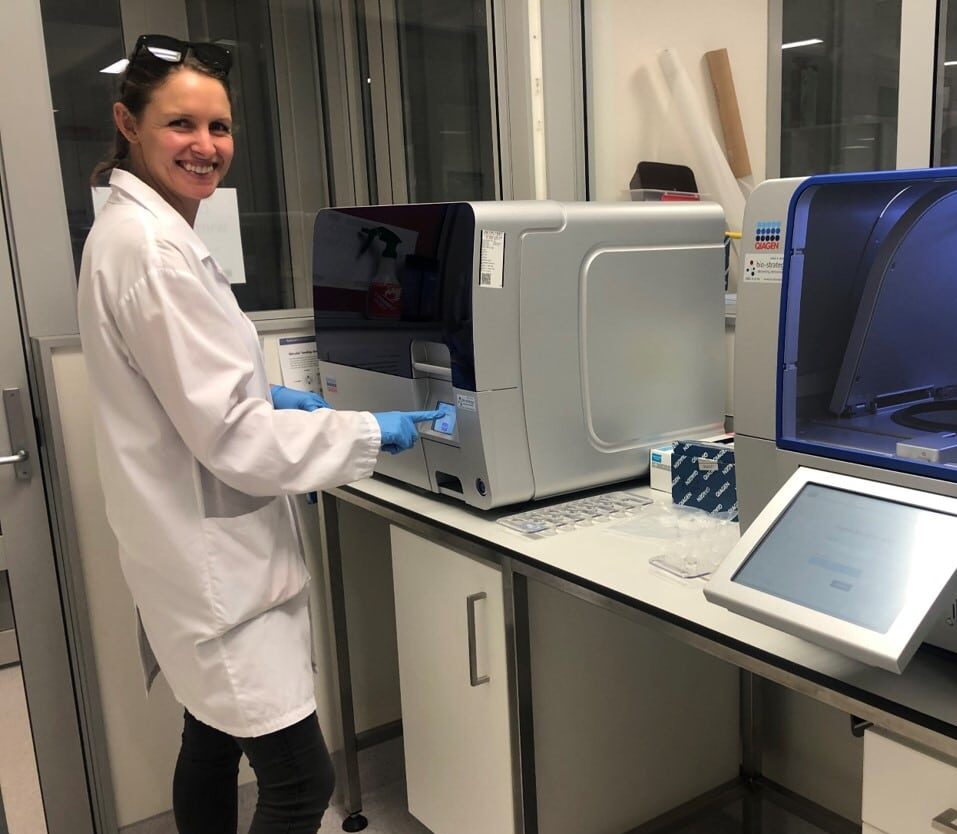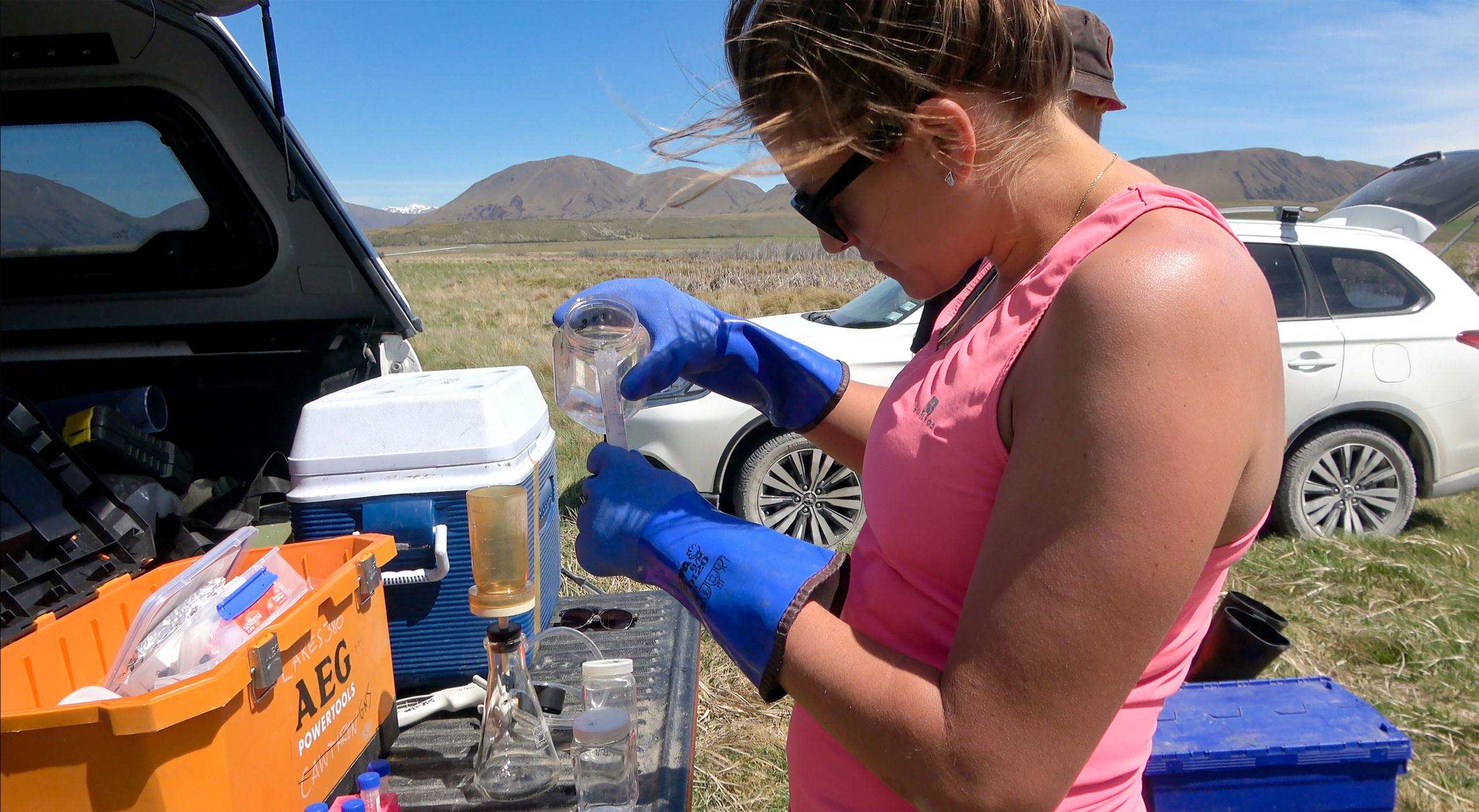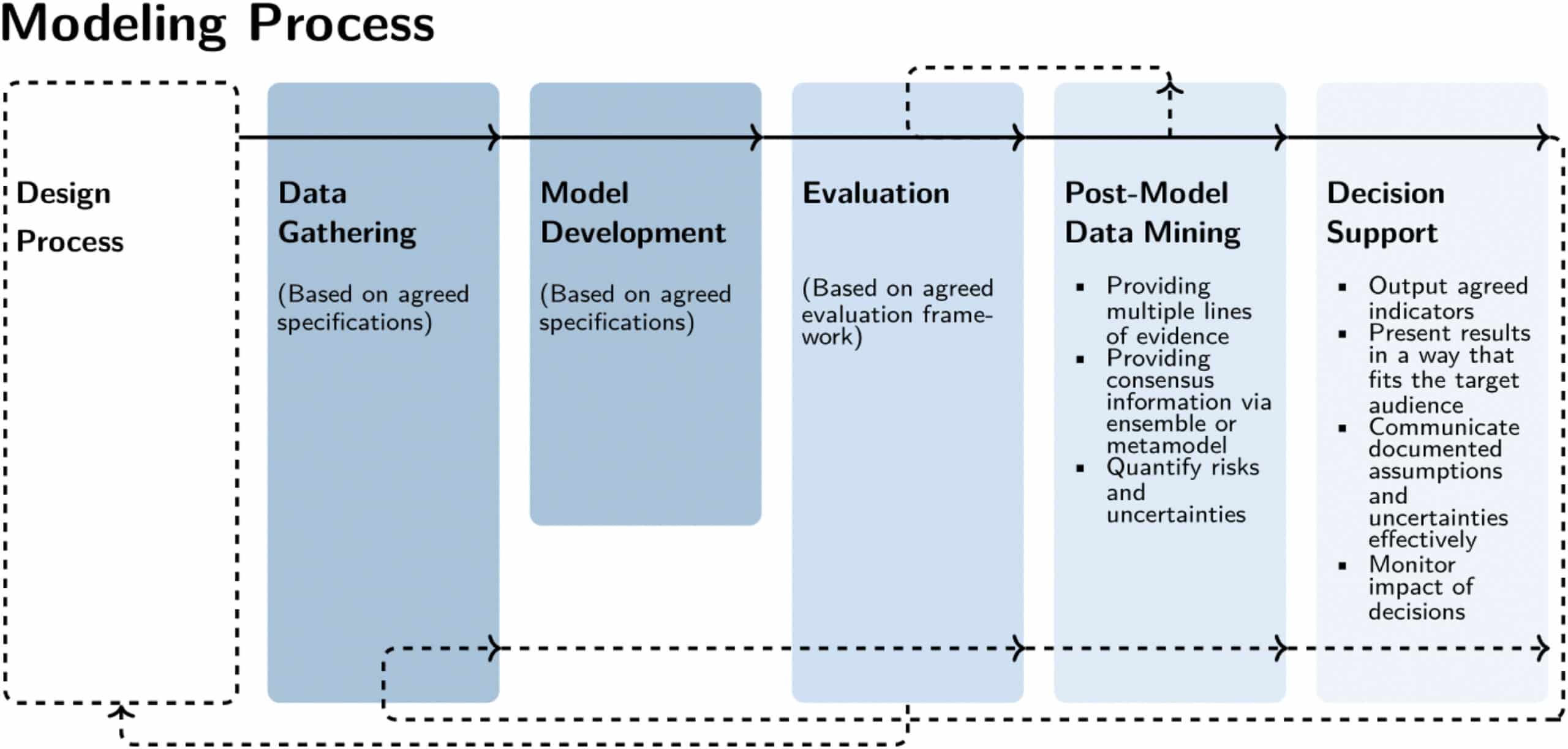, , , , , , , , & (2021). Lake microbial communities are not resistant or resilient to repeated large-scale natural pulse disturbances. Molecular Ecology, 30, 5137–5150. https://doi.org/10.1111/mec.16110
Abstract
Opportunities to study community-level responses to extreme natural pulse disturbances in unaltered ecosystems are rare. Lake sediment records that span thousands of years can contain well-resolved sediment pulses, triggered by earthquakes. These palaeorecords provide a means to study repeated pulse disturbances and processes of resistance (insensitivity to disturbance) and ecological resilience (capacity to regain structure, function and process). In this study, sedimentary DNA was extracted from a sediment core from Lake Paringa (New Zealand) that is situated in a near natural catchment. Metabarcoding and inferred functions were used to assess the lake microbial community over the past 1100 years – a period that included four major earthquakes. Microbial community composition and function differed significantly between highly perturbed (postseismic, ~50 years) phases directly after the earthquakes and more stable (interseismic, ~250 years) phases, indicating a lack of community resistance. Although community structure differed significantly in successive postseismic phases, function did not, suggesting potential functional redundancy. Significant differences in composition and function in successive interseismic phases demonstrate that communities are not resilient to large-scale natural pulse disturbances. The clear difference in structure and function, and high number of indicator taxa (responsible for driving differences in communities between phases) in the fourth interseismic phase probably represents a regime shift, possibly due to the two-fold increase in sediment and terrestrial biospheric organic carbon fluxes recorded following the fourth earthquake. Large pulse disturbances that enhance sediment inputs into lake systems may produce an underappreciated mechanism that destabilises lake ecosystem processes.




